The Anthropocene Epoch is an unofficial unit of geologic time, used to describe the most recent period in Earth’s history when human activity started to have a significant impact on the planet’s climate and ecosystems
How and why are photographers exploring this concept?
Humans have become the single most influential species on the planet, causing significant global warming and other changes to land, environment, water, organisms and the atmosphere. Photographers can use their skills to capture this concept and publish/ display it for people to reflect on. I think its a very impactful genre of photography.
Examples of Anthropocene:
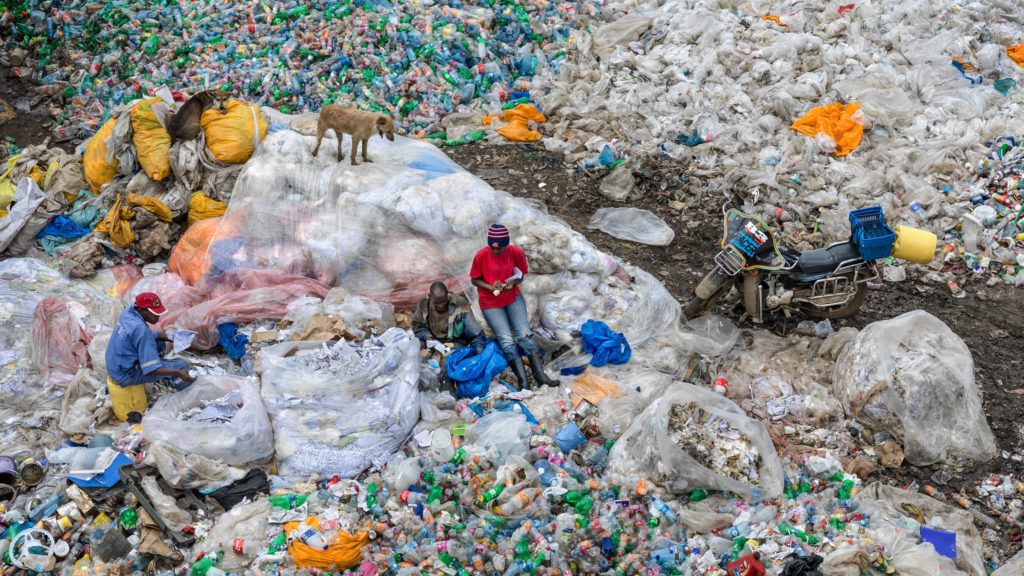
Plastic and waste
Plastic pollution is a global problem. Approximately 7 billion of the 9.2 billion tonnes of plastic produced from 1950-2017 became plastic waste, ending up in landfills or dumped. Poor waste management contributes to climate change and air pollution, and directly affects many ecosystems and species. Landfills, considered the last resort in the waste hierarchy, release methane, a very powerful greenhouse gas linked to climate change.
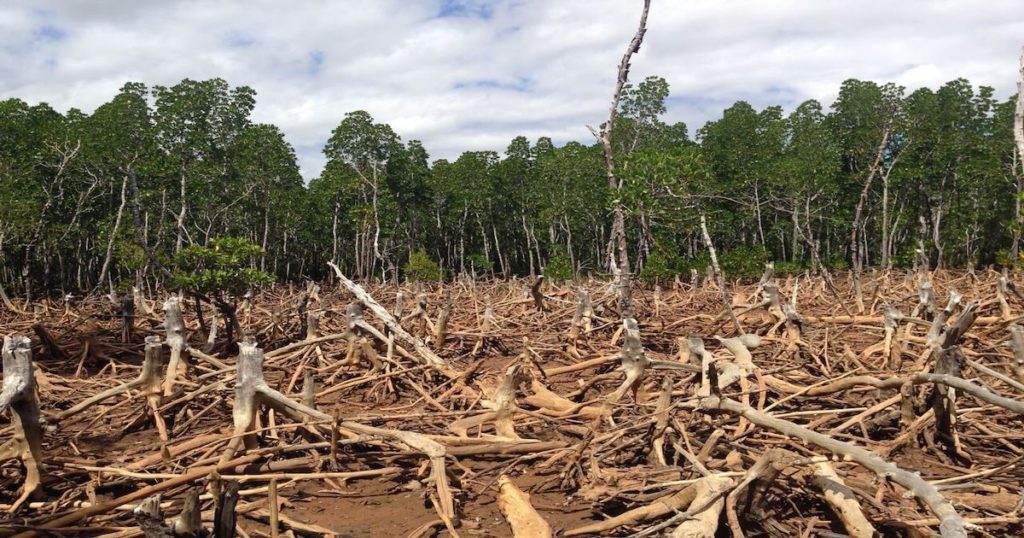
Habitat Loss
Habitat loss occurs when natural habitats are converted to human uses such as cropland, urban areas, and infrastructure developmentHabitat loss has significant, consistently negative effects on biodiversity. Habitat loss negatively influences biodiversity directly through its impact on species abundance, genetic diversity, species richness, species distribution, and also indirectly.
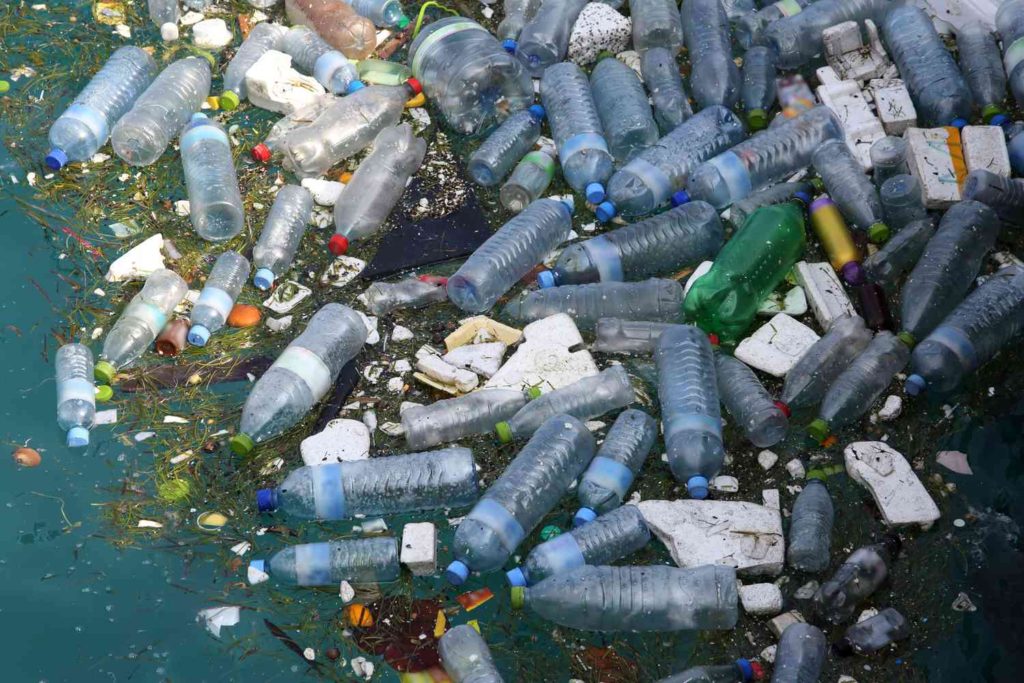
Ocean Pollution
Every minute, the equivalent of one garbage truck of plastic is dumped into our ocean.
Some of the debris ends up on our beaches, washed in with the waves and tides. Some debris sinks, some is eaten by marine animals that mistake it for food, and some accumulates in ocean gyres.

Climate Change
Warmer temperatures over time are changing weather patterns and disrupting the usual balance of nature. This poses many risks to human beings and all other forms of life on Earth. Changing climatic conditions and dramatic increases in carbon dioxide will put our ecosystems to the test, threatening supplies of fresh water, clean air, fuel and energy resources, food, medicine and other matters we depend upon not just for our lifestyles but for our survival.
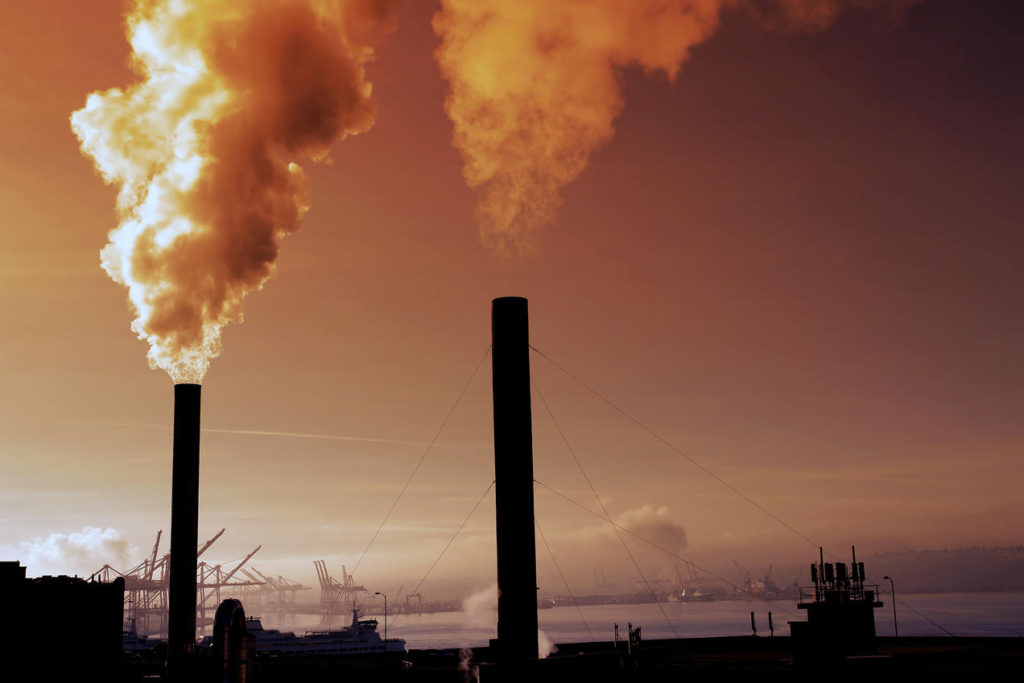
Air Pollution
Air pollution refers to the release of pollutants into the air—pollutants which are detrimental to human health and the planet as a whole.
Most air pollution comes from energy use and production, burning fossil fuels releases gases and chemicals into the air.
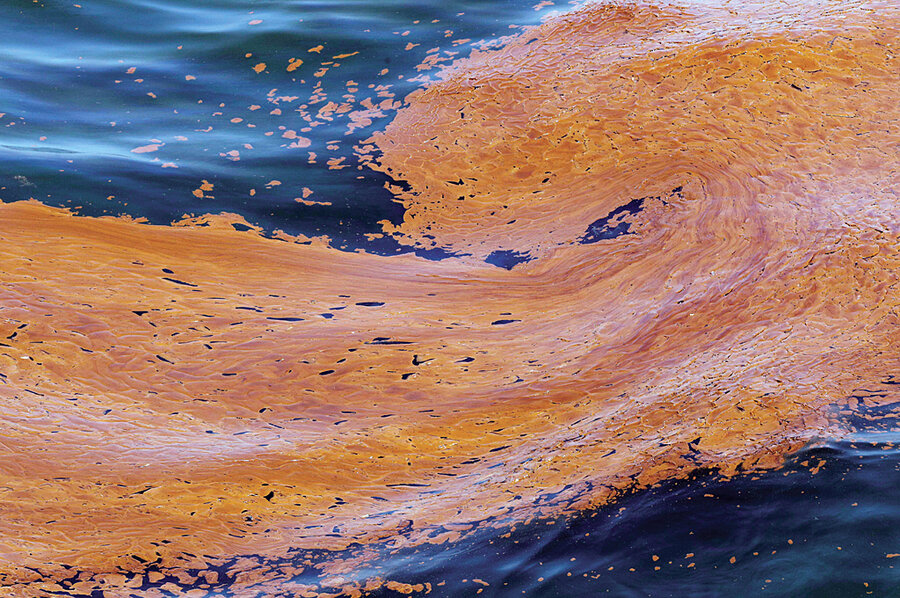
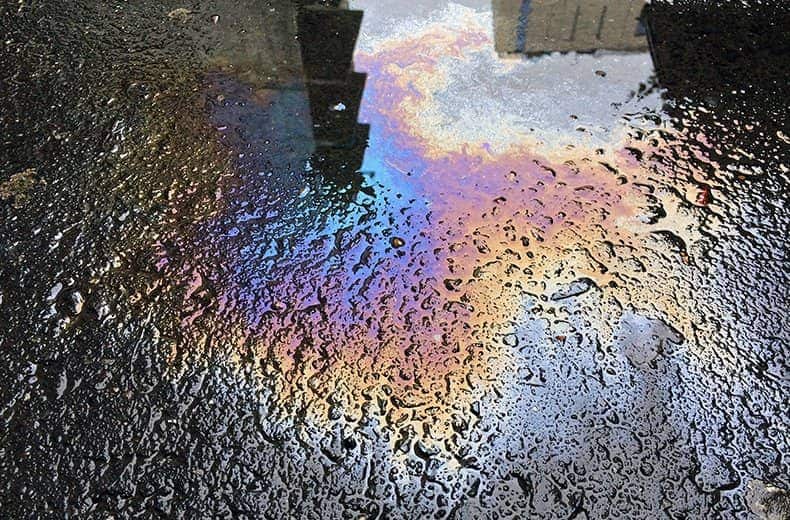

Oil Pollution
-One quart of motor oil can pollute 250,000 gallons of water, and one gallon of gasoline can pollute 750,000 gallons of water! Oil that leaks from our cars onto roads and driveways is washed into storm drains, and then usually flows directly into a lake or stream.
-Depending on the circumstances, oil spills can be very harmful to marine birds, sea turtles and mammals, and also can harm fish and shellfish. Oil destroys the insulating ability of fur-bearing mammals, such as sea otters, and the water-repelling abilities of a bird’s feathers, exposing them to the harsh elements.
